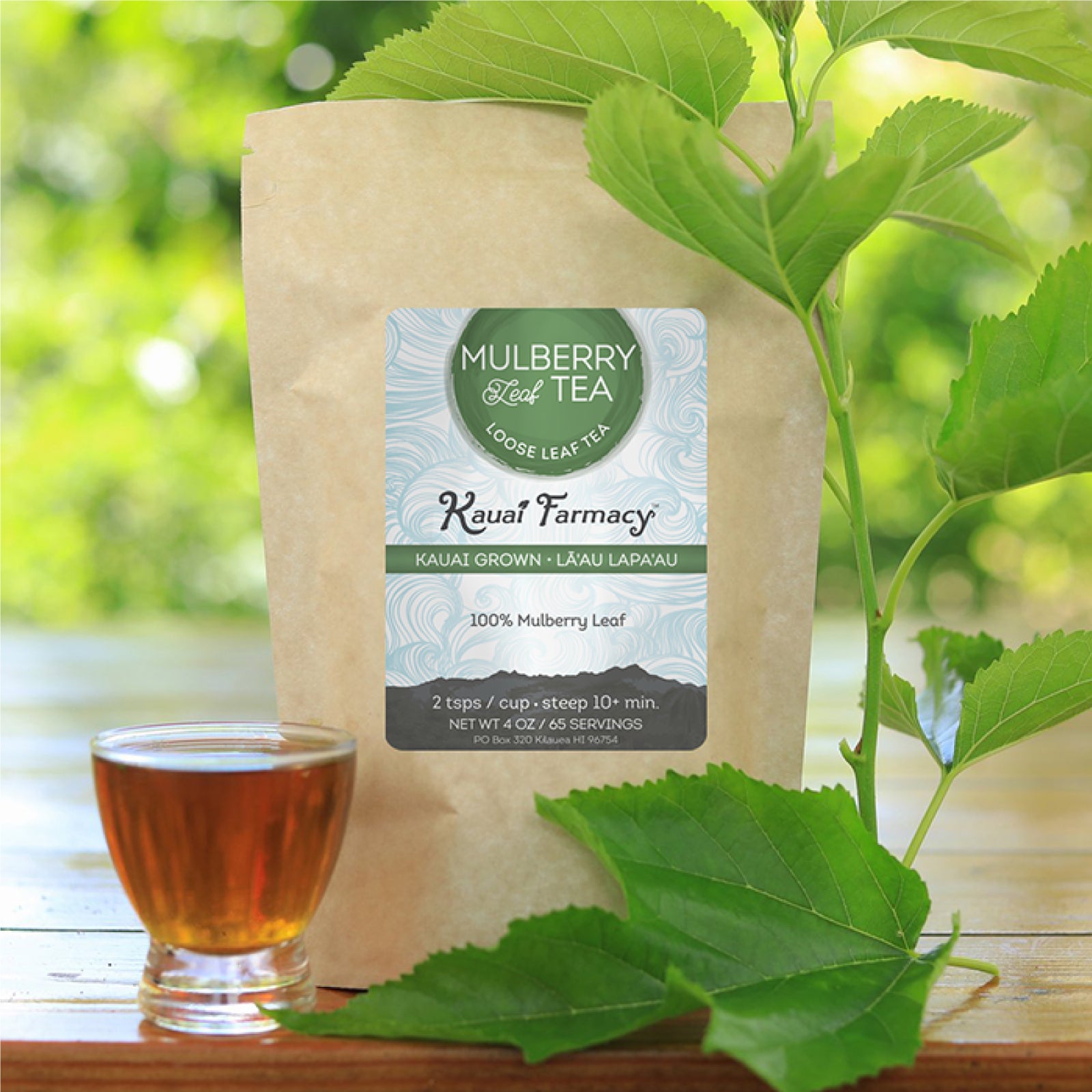Venomous Bite in the Name of Science

Remember the days of frontier science and medicine, when explorers curious of the natural world would experiment with their elixirs on themselves? At Kauai Farmacy, we like to keep that ingenuitive spirit alive by testing remedies in real time. Call it “old school research & design,” “radical quality control,” or the “heal yo' self revival.”
 In this video, part of our farm-to-film series, we experiment with Mulberry Leaf’s medicinal qualities in treating centipede bites. If you live close to nature in Hawaii you probably know about the centipedes, but if you don’t and haven’t heard of them before, they are pretty gnarly, yet graceful creatures. While we extensively practice self-healing methods, it is always with an educated foundation: Centipede bites can be extremely painful, but they are not deadly to humans, and according to Chinese Herbal Medicine, the juice of a Mulberry Leaf is an effective treatment for the venomous bites. This knowledge, along with a personal account of Mulberry’s efficacy, led our friend, coconut climber and daily encounterer of centipedes, to seek an answer to the question, “Does Mulberry Leaf REALLY help treat centipede bites?” Watch the video to find out.
In this video, part of our farm-to-film series, we experiment with Mulberry Leaf’s medicinal qualities in treating centipede bites. If you live close to nature in Hawaii you probably know about the centipedes, but if you don’t and haven’t heard of them before, they are pretty gnarly, yet graceful creatures. While we extensively practice self-healing methods, it is always with an educated foundation: Centipede bites can be extremely painful, but they are not deadly to humans, and according to Chinese Herbal Medicine, the juice of a Mulberry Leaf is an effective treatment for the venomous bites. This knowledge, along with a personal account of Mulberry’s efficacy, led our friend, coconut climber and daily encounterer of centipedes, to seek an answer to the question, “Does Mulberry Leaf REALLY help treat centipede bites?” Watch the video to find out.
 The greater story of this use of herbal medicine is that there are so many ways that plants can help us! From reducing inflammation, mending broken bones, relieving chronic back pain, balancing hormones, to fighting tumors, and treating venomous bites, herbs truly ally us in every way. After all, our human organism has lived in communion with plants for countless generations; the wisdom of this harmony is in our DNA.
The greater story of this use of herbal medicine is that there are so many ways that plants can help us! From reducing inflammation, mending broken bones, relieving chronic back pain, balancing hormones, to fighting tumors, and treating venomous bites, herbs truly ally us in every way. After all, our human organism has lived in communion with plants for countless generations; the wisdom of this harmony is in our DNA.To learn more about the myriad of ways that plants directly contribute to our health, Subscribe to our YouTube channel for a close-up look into our gardens, apothecary, and medicinal experiments. Note* Most videos do not involve creepy crawlers, but all include equally profound healing herbs.









